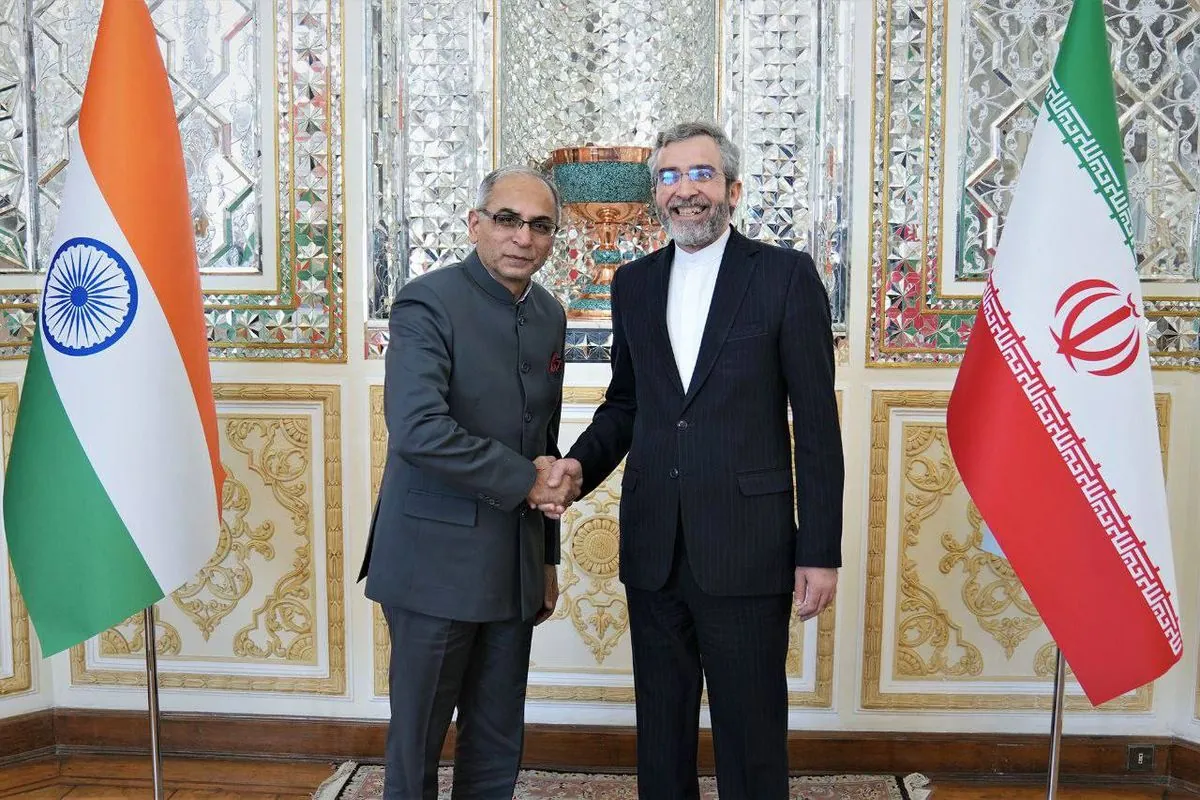In a recent diplomatic exchange, India has firmly rejected comments made by Ali Khamenei, Iran's Supreme Leader, regarding the treatment of Muslims in the South Asian nation. The Indian government characterized Khamenei's remarks as "misinformed and unacceptable," highlighting the sensitivity of religious issues in international relations.
Khamenei, who has held his position since 1989, expressed concern about Muslim suffering in various regions, including India, through a social media post on September 16, 2024. He stated, > "We cannot consider ourselves to be Muslims if we are oblivious to the suffering that a Muslim is enduring in Myanmar, Gaza, India, or any other place."
[[Iran's Supreme Leader's Statement]]
In response, India's foreign ministry issued a strong rebuke, advising countries to examine their own records before commenting on others. This diplomatic tension comes despite the traditionally strong relationship between India and Iran, which have maintained diplomatic ties since 1950.
The controversy highlights the complex nature of India's religious landscape. With a population of approximately 1.4 billion, Muslims constitute about 14% of India's populace, making it one of the world's largest Muslim populations. The Indian Constitution guarantees freedom of religion as a fundamental right, reflecting the country's commitment to secular governance as the world's largest democracy.
Despite this diplomatic friction, India and Iran continue to collaborate on significant projects. In May 2024, the two nations signed a 10-year contract for the development and operation of the Chabahar port in southeastern Iran. This strategic initiative aims to create a trade corridor to Afghanistan and Central Asia, bypassing Pakistani ports like Karachi and Gwadar.
The Chabahar port project exemplifies India's delicate balancing act in international relations. As a traditionally non-aligned country, India has maintained relationships with Iran, Israel, and the United States, despite tensions between these nations. This approach reflects India's pragmatic foreign policy in a complex geopolitical landscape.
It's worth noting that Khamenei has previously criticized India over issues related to Indian Muslims and the disputed Kashmir region. The Kashmir conflict, ongoing since 1947, remains a sensitive topic in South Asian diplomacy.
As this situation unfolds, it underscores the challenges of addressing religious and human rights concerns on the global stage while maintaining crucial diplomatic and economic partnerships. The incident serves as a reminder of the intricate interplay between domestic policies, international relations, and religious sensitivities in today's interconnected world.
